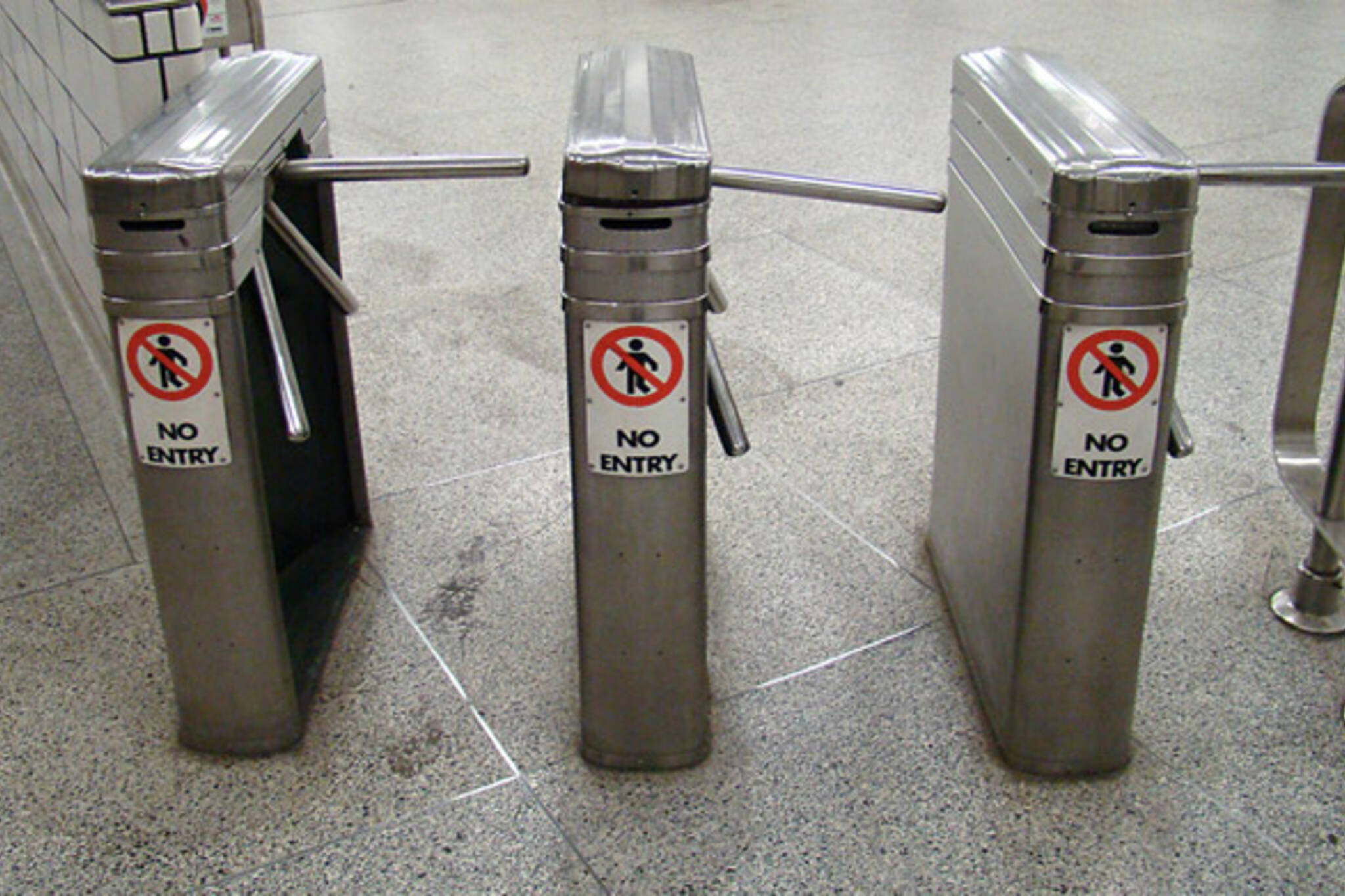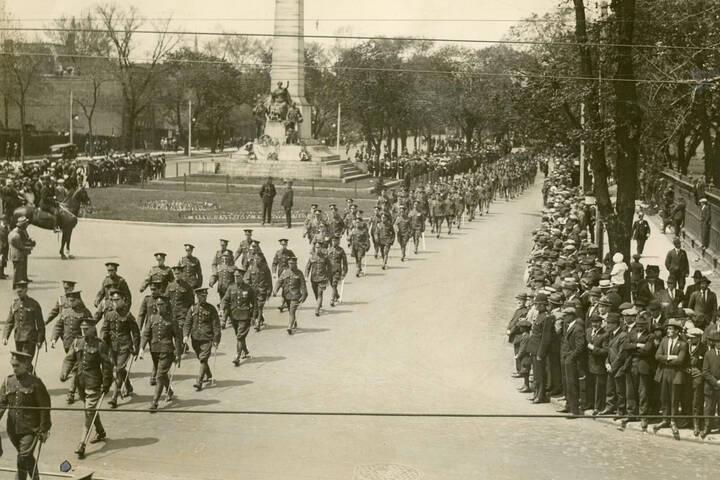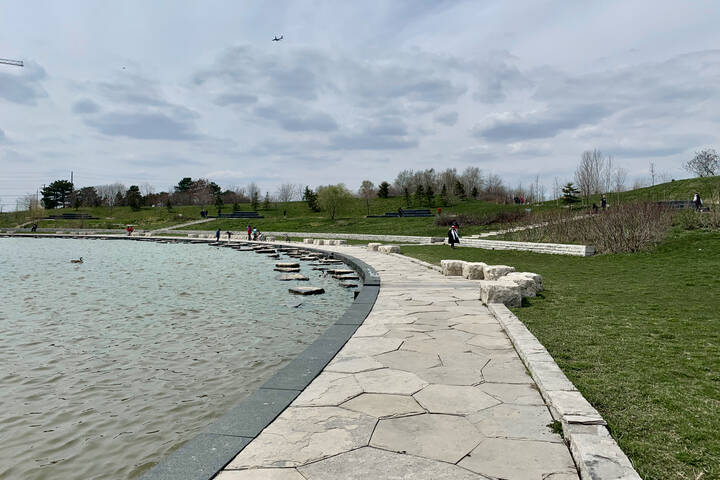
Should the TTC Be Designated an Essential Service?
Later today, Liberal MPP, David Caplan (Don Valley East) will introduce private-member's legislation that would designate the TTC an essential service. Although such legislation doesn't often become law, the effort will, no doubt, re-ignite the longstanding debate about whether or not transit workers should have the legal right to strike.
And while Mayor David Miller and a number of city councillors have indicated in the past that they're against such legislation -- generally citing increased arbitrated wage statements -- Caplan's clout and the growing perception that TTC workers demonstrate an alarming sense of entitlement may be enough to give this proposal legs.
Caplan's argument for the legislation is pretty straightforward. As he told the Star, "Without [the TTC], we grind to a halt. There's a tremendous economic cost, but there's also a tremendous social cost. It's clear that it is an essential service and it ought to be declared one."
"The party line is that these kinds of arbitration processes cost more than collective bargaining. I don't buy that," he continued.
Regardless of whether or not Caplan "buys it," there is evidence to suggest that designating the TTC an essential service will increase the cost of negotiated wage settlements by as much as $23 million over a three-year contract.
But, as important as the economics are, there's a more fundamental obstacle that Caplan's bill will face, and that's the very definition of what constitutes an essential service.
According to the Public Service Labour Relations Act (PSLRA), essential services are those that are "or will be, at any time, necessary for the safety or security of the public or a segment of the public." Or, as the Treasury Board of Canada Secretariat website explains, "Services should be identified as essential where there are reasonable grounds for accepting the probability, or even the possibility, that human life or public safety would suffer if a work stoppage interrupted the duties of these employees."
So, while few would disagree with Caplan's point that "We've had too many work stoppages over the course of recent years," such a fact doesn't seem to warrant the official designation of transit workers as essential.
As inconvenient as TTC strikes are, it'd be a tough to argue convincingly that the cessation of transit services jeopardizes public safety. But, perhaps that's the whole point. Might it be that the legal terminology is too narrow? There is, after all, some ambiguity surrounding the term "essential," and if safety wasn't the chief factor, it'd be considerably less difficult to make a case that public transit is the type of service that must remain operative at all times.
What do you think about Caplan's proposed legislation? Should the TTC be designated an essential service? Or, bearing in mind the letter of the law, is this just another installment in a longstanding, but ultimately irrelevant, debate?
Photo by sniderscion, member of the blogTO Flickr pool.
Latest Videos
Latest Videos
Join the conversation Load comments







